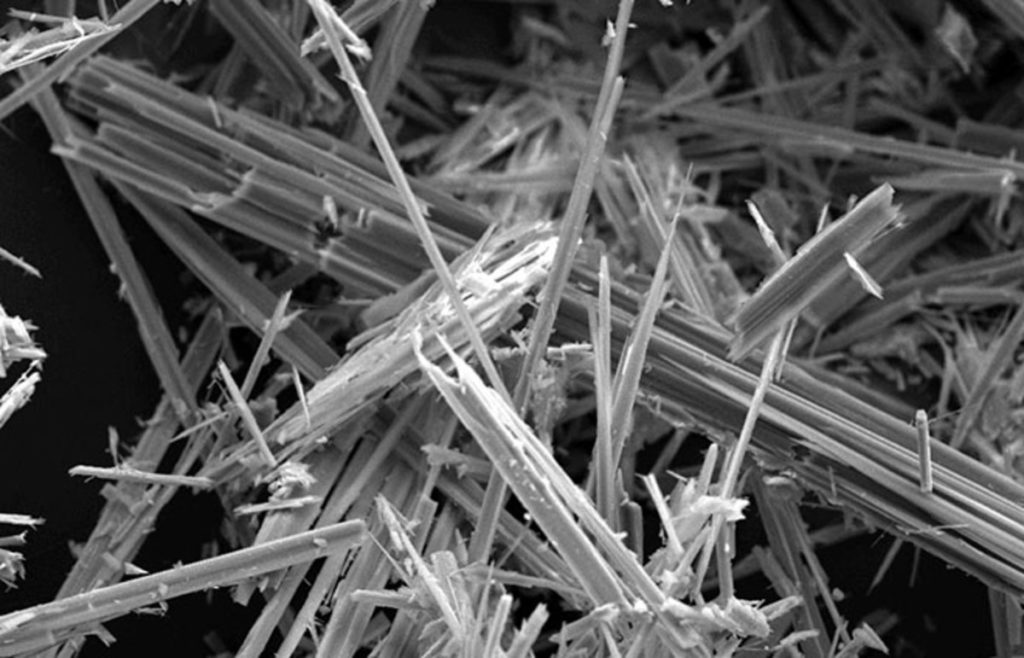The Environmental Protection Agency (EPA) recently issued a Draft Asbestos Risk Evaluation that will keep Americans at severe risk of deadly exposure to asbestos according to the Asbestos Disease Awareness Organization.
The ADAO, an independent nonprofit dedicated to preventing exposure to asbestos through education, advocacy, and community initiatives, issued a press release critical of the EPA’s recent attempt to relax regulation and oversight regarding asbestos use. The U.S. continues to import tons of asbestos each year, although much of the public assumes that asbestos use is banned in the United States as it is across over 70 industrialized countries. The ADAO and others have advocated for a total ban on asbestos use, urging the EPA to adopt the Frank R. Lautenberg Chemical Safety for the 20th Century Act, and for Congress to pass the Alan Reinstein Ban Asbestos Now Act. Nevertheless, the EPA’s Draft Asbestos Risk Evaluation does the opposite. The ADAO press release observes that the new EPA evaluation is a big step backward from the decades of work by governmental scientists.
The ADAO highlights an event it sponsored where several experts in asbestos disease and other interested parties spoke out against the EPA Draft Asbestos Risk Evaluation. Among those experts, L. Christine Oliver, an asbestos disease expert who has been invited to testify before Congress and OSHA, commented that the EPA draft evaluation underestimates and understates the true risk posed by asbestos. Dr. Oliver notes that the EPA draft only considers the impact of one of six different types of asbestos fiber. It fails to use the validated and accepted statistical model for evaluating the impact of dose – the amount of exposure – to a carcinogen like asbestos. The National Institute of Occupational Safety and Health (NIOSH) recognizes there is safe levelno of exposure to a carcinogen. It is well known that asbestos causes the cancer mesothelioma. Dr. Oliver also noted that the EPA ignored the impact of several asbestos-related diseases and cancers including mesothelioma, as well as multiple scientific studies that have helped define risk. Finally, Dr. Oliver noted that the current EPA draft evaluation pushed off consideration of “legacy” asbestos, asbestos products in place that were installed years ago. Legacy asbestos poses the greatest risk to the greatest number of Americans and must be addressed.
The ADAO and the doctors and scientists who support an America safe from the asbestos hazard created through the twentieth century are shining a light on the current Administration’s efforts to roll back what progress has been made. The ADAO is a strong advocate for the total ban on asbestos as the only way to ensure the greatest protection from its hazards. You can read the entire ADAO press release and the comments of various experts by clicking this link.
